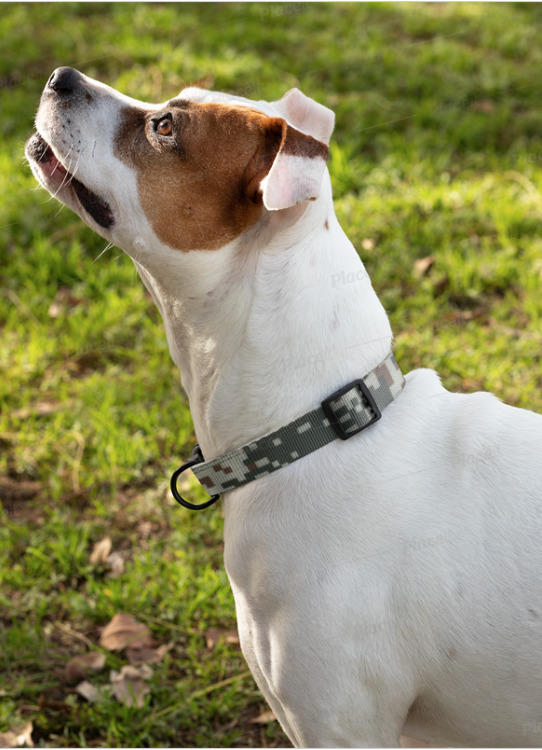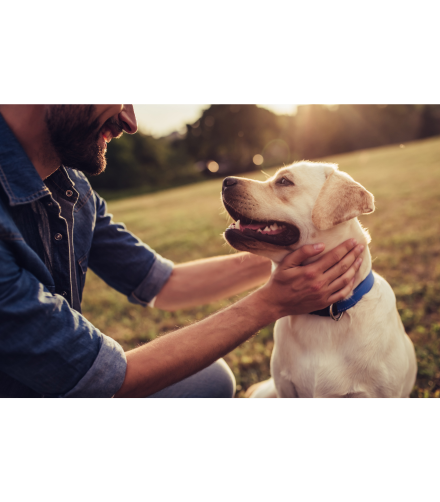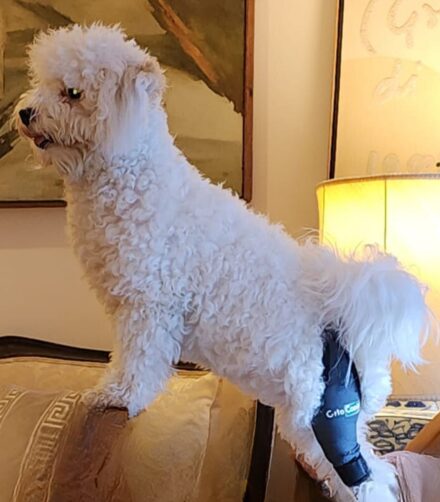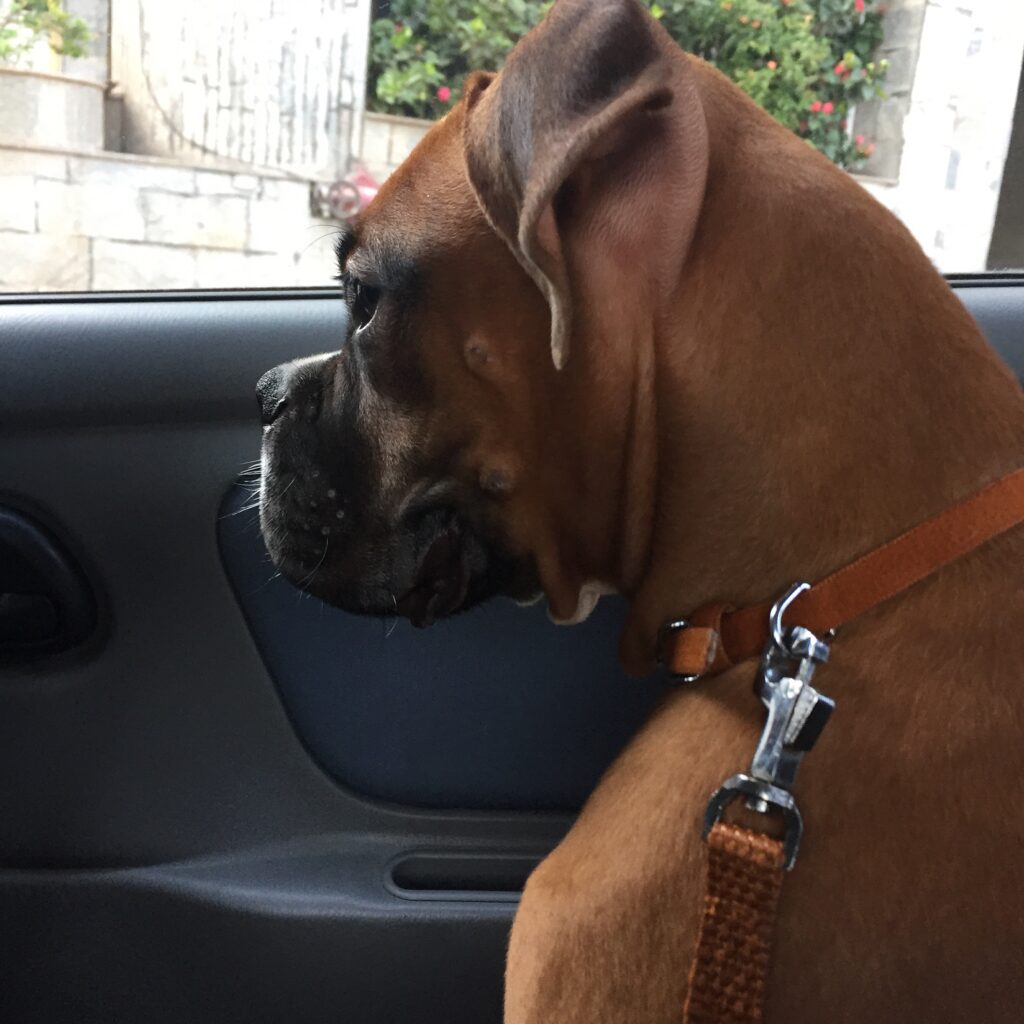When you adopt a dog, you bring an animal and its unknown history into your life. There are several behavioural problems you may encounter, especially with rescue dogs. Many of these are quite common and can be worked out when you know why your pet is behaving the way he is.
Knowing you saved a dog from a terrible life is only half the battle. Getting him to a point where he is functioning well can take a bit of work. You may want to look into pet insurance if necessary as well, especially if the dog has some potential health issues. With that in mind, here are some behaviors you may run into and what they mean.
Photo by fatty corgi on Unsplash
- Resource Guarding
Dogs protecting food, kennels, and toys are guarding their resources. They may be doing this because they experienced hunger before living with you. This behaviour may also be their response to the trauma they suffered from being in a shelter. There are two basic choices here: you can manage the behaviour or correct it.
Managing this behavior is the easier way. You can manage resource guarding behavior, for instance, through crating during mealtimes. You can also try using treats to get toys out of your dog’s mouth.
Correcting the behavior requires a bit more effort. To work through your dog’s resource guarding, you will need to work with a trainer and start desensitizing your pet.
- Anxiety and Aggression
There are many causes of a pet’s anxiety. He may be having trouble because he hasn’t been exposed to stability and routine. Your pet may also be anxious because he’s not used to the feeling of being in a comfortable environment. You may not know much about your pet’s life before he lived with you, but if you are dealing with anxiety-driven behavioral issues, you can bet that they are missing some key resources.
Spending time in the shelter will also create anxiety in your pet. He will have slept on cold concrete and have none of the comforts of home, along with strange smells. People may come, but only for short visits. All these factors make for a traumatizing experience.
- Whining
Many rescue dogs become exceedingly vocal. They whine constantly, whether they’re right next to you or walking around the house. The trick to controlling this behavior is to find out why your dog is whining.
Some reasons your dog may be whining include:
- Anxiety, fear, or stress
- They want to go outside
- They may be experiencing pain
- They may want attention or are bored
- They are showing submission
Some of these behaviors can be worked through. For instance, making sure to establish a bathroom routine will help alert you when they need to go potty. Making sure your dog gets enough mental stimulation from different toys can help as well.
Be sure your pet gets the right amount of exercise as well to help relieve stress. It is always advised to work with your rescue resources or a trainer to ensure your pet makes a smooth transition to their new home.
- Destroying Things
Every dog likes to chew; it is only natural. This is helpful for their jaws and keeping their teeth clean. However, it becomes a problem when they destroy valuable items such as your couch or your shoes. When this occurs, it is time to see what you can do to curtail the problem. There are some common causes of this behavior, and they are often:
- Lack of mental stimulation
- Anxiety
- Frustration
- Stress
- Lack of exercise
Dr. Joanna Woodnutt of TheVets.com explains that destructiveness and digging can be a symptom of a panic attack – so you should definitely take the time to figure out what the issue is. Avoid punishments such as hitting, muzzling, or crating for extended periods to curb the chewing. Dogs do not often understand why they’re being punished.
Chewing can also be a health concern as it can cause digestive issues and even impactions. This can lead to costly vet visits, so you may want to look into pet insurance to help with this possibility.
Photo by Janusz Maniak on Unsplash
- Accidents
Many rescue pets regress with their potty training and start urinating and defecating in the home. This is most often caused by a change in routine and being in unfamiliar surroundings. There are some dogs that will come through the rescue process and engage in submissive urination. This can be a harder issue to resolve but building their confidence will be a large part of eliminating this behavioural issue.
Again, you do not want to start crating your pet for prolonged periods to help resolve this problem. Instead, offer more trips outside, frequent walks, and rewards for eliminating when asked outside. The goal is to work through the trouble.
This also means identifying the cause of the accidents, so you can address it. For example, if it is simple regression, the previous suggestions of more walks should work. If, however, the accidents are due to separation anxiety or submissive urination, you may be able to resolve the problem by giving your dog some TLC and reassurance.
Conclusion
The bottom line is that no dog is perfect, and rescue dogs, in particular, are likely to have some unique behaviors. These are natural reactions to their past, but you can work through them. With patience, lots of love, and proper training and positive reinforcement, you should be able to resolve any concerning behaviors.
If you ever need extra assistance, ask the rescue organisation for resources or consult a dog trainer or behavioural specialist.





















